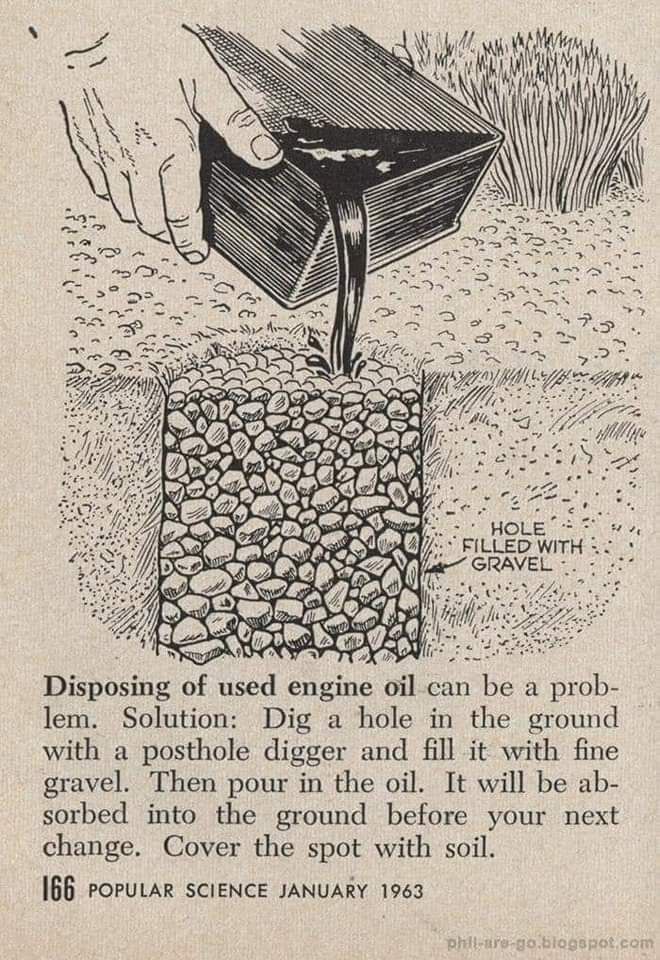this post was submitted on 29 Aug 2023
813 points (97.3% liked)
Memes
45646 readers
1114 users here now
Rules:
- Be civil and nice.
- Try not to excessively repost, as a rule of thumb, wait at least 2 months to do it if you have to.
founded 5 years ago
MODERATORS
you are viewing a single comment's thread
view the rest of the comments
view the rest of the comments

Shit like this is why people doing home gardening, especially in areas that have been inhabited for hundreds of years, without testing the soil first give me heart palpitations. What are you eating?? I don't know, and neither do you!
I know you can send soil to be tested by your local university extension, but how do you test for conaminents like used hydrocarbons, arsenic, lead, glyphosate-based herbicides, etc?
I am about to embark on a hobby of composting and would like to know.
If your local university doesn’t test for the specific contaminants you’re concerned about you can send samples to a private lab instead, sometimes they offer more testing options. I don’t know the specifics of how each one is tested for, but on your end they usually just require you to take (and possibly dry) soil samples before sending them in.
If you don’t have a good idea of the history of the site, it would be good to try and figure it out through your local historical society if you have one, or land records from your local records office. Whoever is testing the soil will have a better idea of what to test for if they know it used to be a mining town, or it’s 50 feet from a house old enough to have used lead paint, if it was farm land, etc.